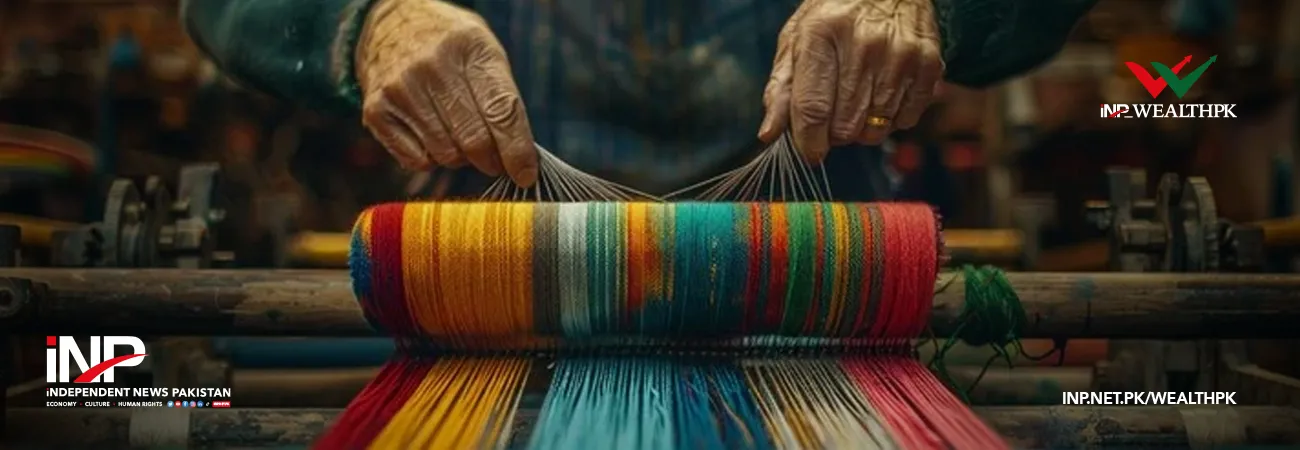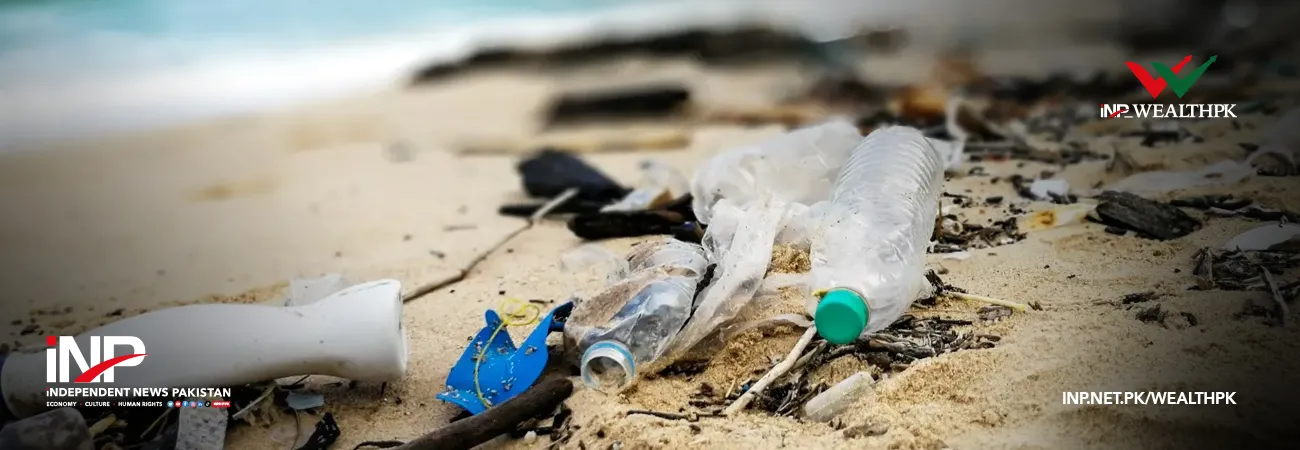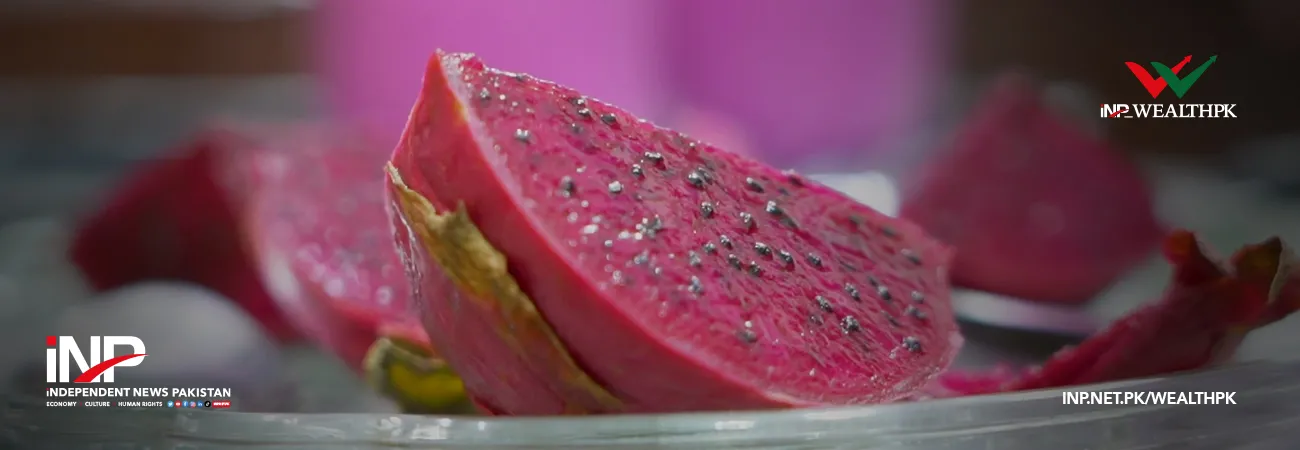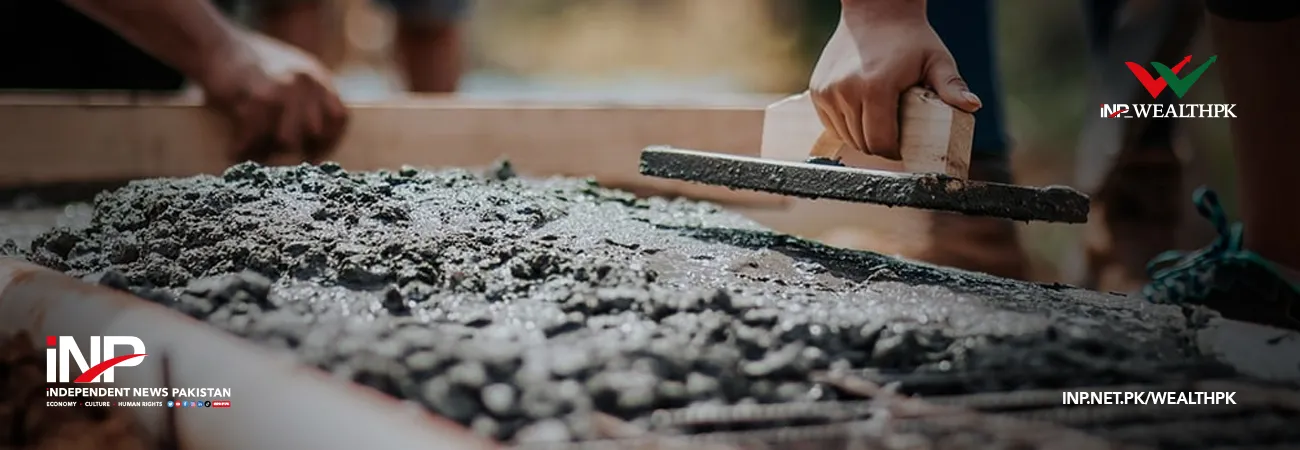INP-WealthPk
Muhammad Saleem
Power loom owners have urged the government to establish a modern weaving city in Faisalabad to revitalize the district’s textile sector.
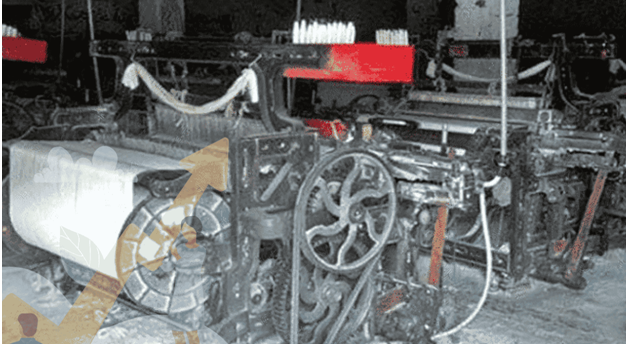
The power loom sector has earned Faisalabad the title of Pakistan’s textile capital. They noted that numerous power loom units are still operating across the district, relying on decades-old machinery to weave fabric. The government must support these weaving factory owners in upgrading to modern machinery.
Waheed Khaliq, chairman of the Council of Loom Owners Association, told WealthPK that the power loom/weaving industry is the largest sector in Faisalabad, with approximately 175,000 looms producing eight million meters of high-quality fabric daily for both local and export markets. The power loom industry primarily consists of small and medium enterprises, and owners are eager to replace outdated machines with advanced shuttle-less and air-jet looms.
He said that when the Faisalabad Industrial Estate Development and Management Company (FIEDMC) was announced, a ‘weaving city’ was also proposed, with plans to allocate 100 acres of land and provide pre-built weaving sheds to facilitate the industry’s relocation to a dedicated area. “Considering the challenges, financial constraints, and other difficulties faced by weaving industry owners, it was decided that purpose-built weaving sheds would be offered on rent, equipped with electricity connections, ensuring a smooth transition from urban areas to a centralized cluster,” Khaliq added.
“We recently wrote to the government, urging it to fulfill its promise of establishing the weaving city by allocating the land. We have also requested the authorities to restore the plots allotted to power loom industry owners, for which payments had already been made,” he said.
Khaliq emphasized that ready-to-use weaving sheds would facilitate the industry's relocation while improving fabric quality through modern weaving technologies such as shuttle-less and air-jet looms. He added that establishing the weaving city would significantly boost Pakistan’s export industry by enabling the production of high-quality fabric for international buyers.
Most power loom unit owners still rely on traditional methods to weave fabric, he said. “They want to expand their businesses and meet the demands of the export industry.” He stressed that “currently, the power loom sector's share in exports is just a drop in the ocean, but we firmly believe it can grow by embracing the latest methods.”
Shafaqat Bhatti, a weaving unit owner, told WealthPK that they are seeking government assistance to address the challenges facing the power loom sector. He said that high energy costs and soaring raw material prices make it difficult to sustain operations.
“We hope the government will honor its promise and establish a weaving city in the district for the sector’s sustainable growth,” Bhatti said. He acknowledged that relocating from city areas to the remote Sahianwala, where FIEDMC is set up, would not be easy. “However, the power loom sector sees the value in operating within a properly established industrial area.”
Currently, Bhatti noted, the power loom sector is scattered across different parts of Faisalabad. “We are paying high taxes but still facing unfair treatment from those in power,” he added.
Credit: INP-WealthPk



